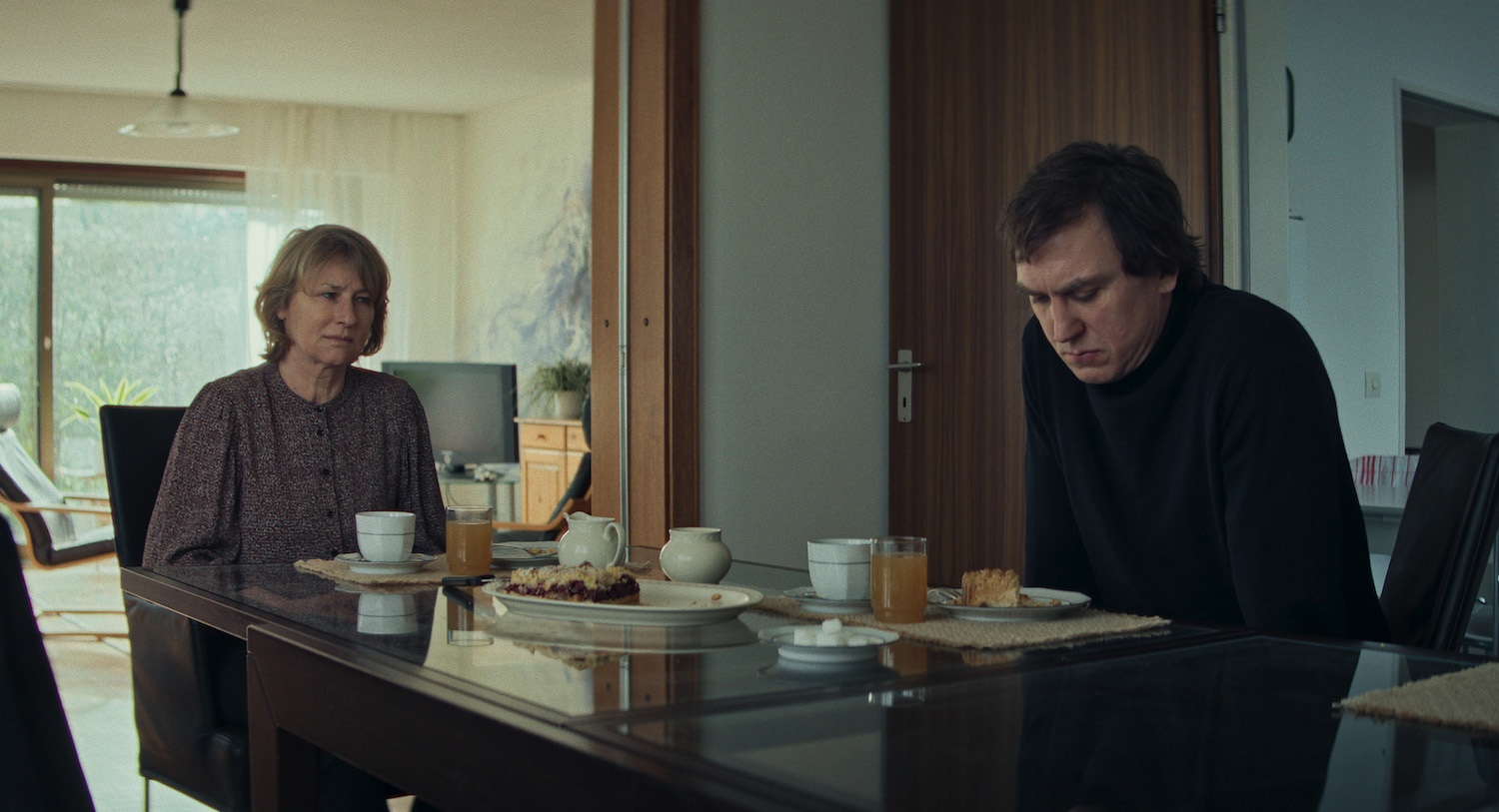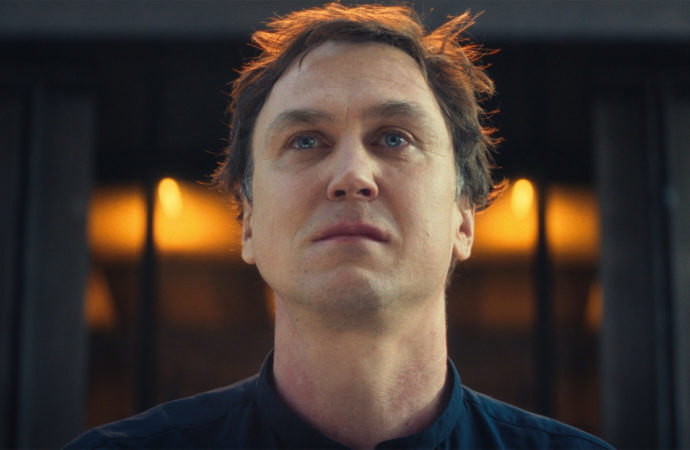Matthias Glasner directs Dying (Sterben, 2024), premiered at the 74th Berlinale, a monumental story, divided into chapters, whose central themes are old age and death. Starring an excellent cast, headed by Lars Eidinger (Tom Lunies), Corinna Harfouch (Lissy Lunies), Lilith Stangenberg (Ellen), Robert Gwisdek (Bernard), and Ronald Zehrfeld (Sebastian), Dying explores family dynamics through the physical decline of the parents, revealing little by little the nooks and crannies of toxic relationships, causing wounds that are impossible to heal. However, Glasner does not limit himself to a family x-ray but ambitiously extends his interest to questioning how we live our last days and even our decisions and how they are accepted or denied by our surroundings.
Eidinger excels in a role that is tailor-made for him, profound, in which he is capable of a range of nuances, where there is no lack of humor. Son, father, brother, friend, he demonstrates in every facet that empathy can also hurt. But that doesn’t mean that the whole cast is not outstanding and that they collaborate to make the three hours of film seduce, thrill, and impact us from beginning to end. The brutality of his approach, with questions we’d rather not address, but which are part of our lives, that part which is fine as long as it’s left untouched, is astonishingly light, free of any misunderstood philosophical density, of false solemnity, which irritates us in so many films with similar subject matter. Glasner’s choices in his film are so realistic that they hurt, but at the same time, we are grateful that someone out there dares to show them and we have rarely seen them in cinema, as is the case with Vórtex (Gaspar Noé, 2021).

As the character of Tom, the conductor, says during the rehearsals of the work composed by his friend Bernard: Hope lies in the fact that we are playing it. His point of view, that of the unifier, conciliator between sick, dependent, depressed, or immature beings, is a source of suffering because of the extreme empathy he shows in his relationships, while the music flows, everyone plays their part and the orchestra achieves harmonious interpretations. By contrast, pivoting between their family relationships and friendships is as difficult a task as it is for others to stand or move, or to get the thought of suicide out of their minds. Tom plays the responsible role of a dependent parent, an alcoholic sister, a depressive friend, and a putative son, with that emotional restraint that Eidinger captures like no other.
We are not spared the consequences of dementia, decrepitude, and the physical infirmities of old age, but even worse are the attitudes towards them. However, Tom’s apparent coldness, which is part of a personality with a learned defense, will serve to placate, collaborate and comfort those around him. Dying could have worked as a mini-series, with its chronological development, but we enjoy it in one go, absorbed by loathsome and lovable characters, in an honest and personal proposal, which may have its peak in the scene where mother and son sit at the table wrapped by an invisible barbed wire that sticks in your skin.
Matthias Glasner won the Silver Bear for Best Screenplay for Dying.
Information was updated on 26 February 2024.







No one has posted any comments yet. Be the first person!